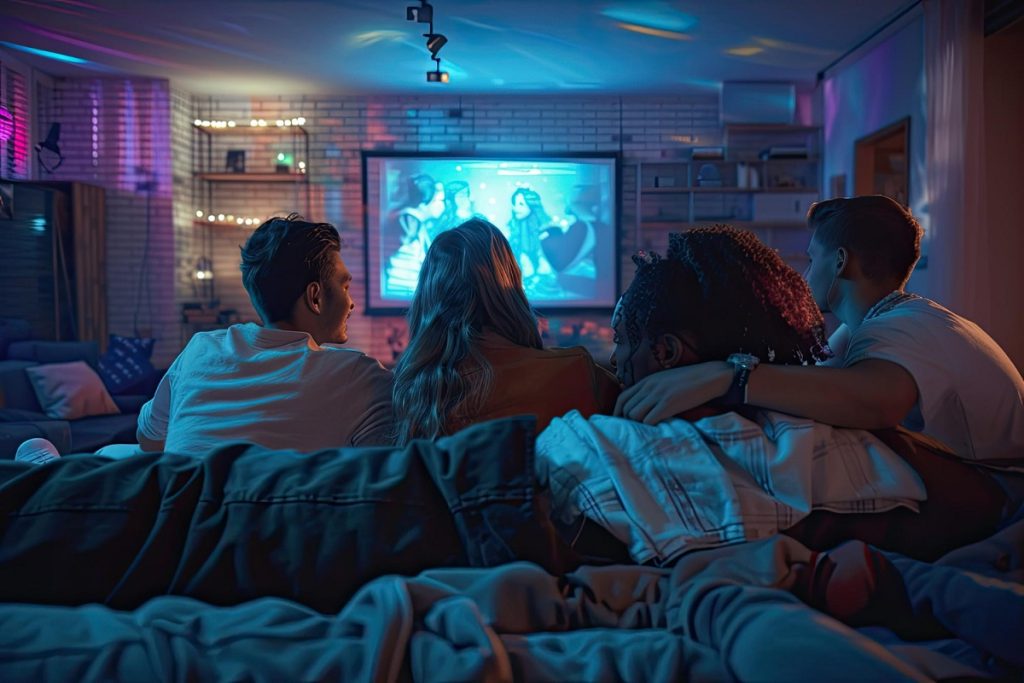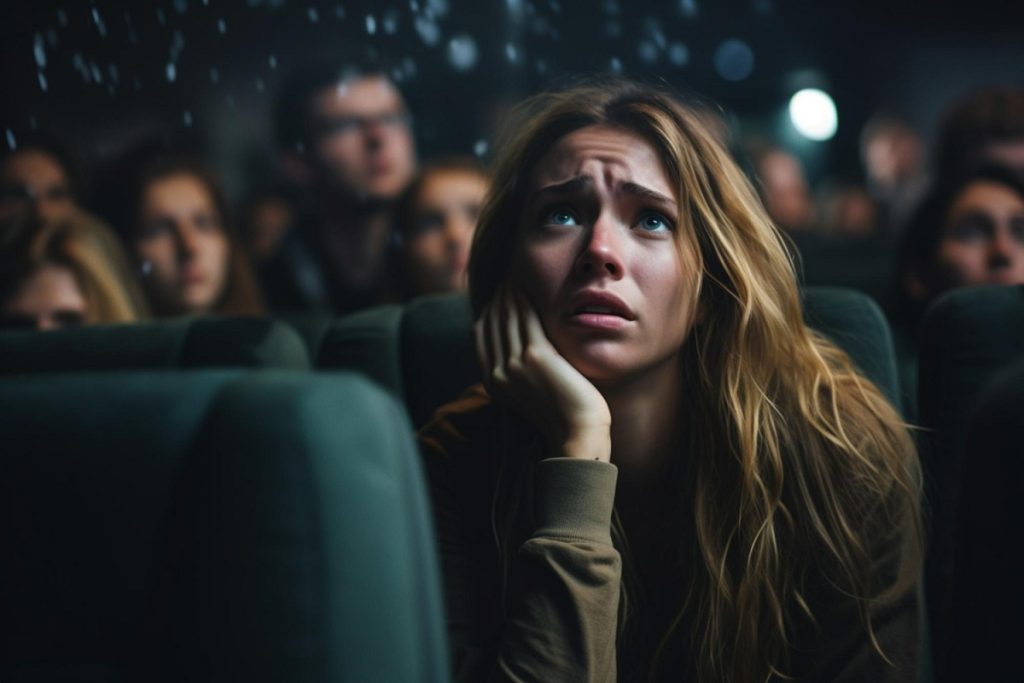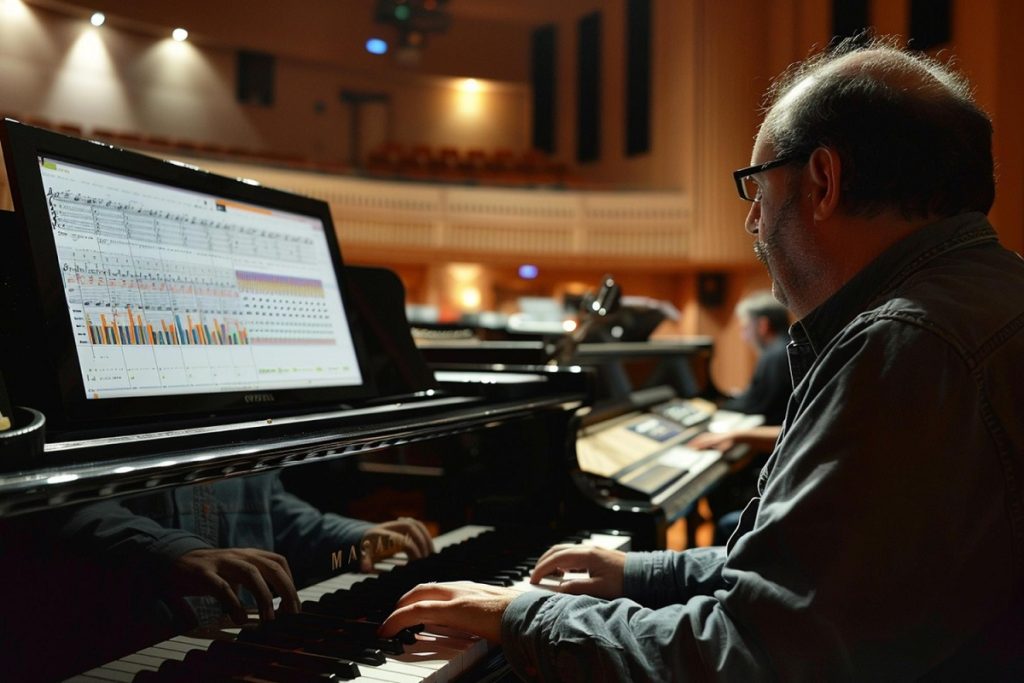Film scores have an undeniable power to elevate a film, TV show, or video game from good to unforgettable by enhancing the emotional, narrative, and atmospheric layers of the medium.
Composers like John Williams, Hans Zimmer, and Ennio Morricone have defined and redefined what it means to marry visuals with orchestral sound, creating moments that resonate across generations.
Whether it’s the stirring strings in Schindler’s List or the pulsating dread of Inception, the music is as vital as the characters on screen.
Introduction of AI in music composition
The advent of artificial intelligence has heralded a new era in many creative fields, and film scoring is no exception. AI’s role in music creation is not just about automating tasks but enhancing the creative process. By analyzing vast amounts of musical data, AI algorithms can now assist composers in generating themes, orchestrating, and even creating complete scores in styles reminiscent of their human counterparts.
Innovative partnerships and projects
Recently, projects like Aiva and Amper Music have showcased just how potent AI can be in composing music. These platforms have collaborated with human composers to produce scores that are both innovative and emotionally compelling, proving that AI can understand and evocate nuances in mood and storytelling.
The practical benefits of AI in scoring
AI introduces a level of efficiency and experimentation that was previously unthinkable. Composers can now input specific emotions, pace, and even story beats, and AI can suggest musical ideas that match these cues, drastically reducing the time needed to develop a theme or score. This can be particularly transformative for industries like indie filmmaking or video games, where budgets might not accommodate large orchestral recordings.
Cultural and ethical considerations
As AI becomes more prevalent in creative processes, questions arise about originality and authenticity. There’s a nuanced debate to be had about what it means for a piece of music to be ‘composed’ by AI.
Does utilizing AI undermine the personal touch that a human composer brings? Or does it democratize music creation, allowing more creators to express their visions even if they aren’t traditional composers?
Historical precedents and parallels
It’s important to realize that technological integration into creative practices isn’t new. For instance, the synthesizer revolutionized music in the 1960s and 70s, introducing a new palette of sounds that could be used to evoke mood and emotion.





